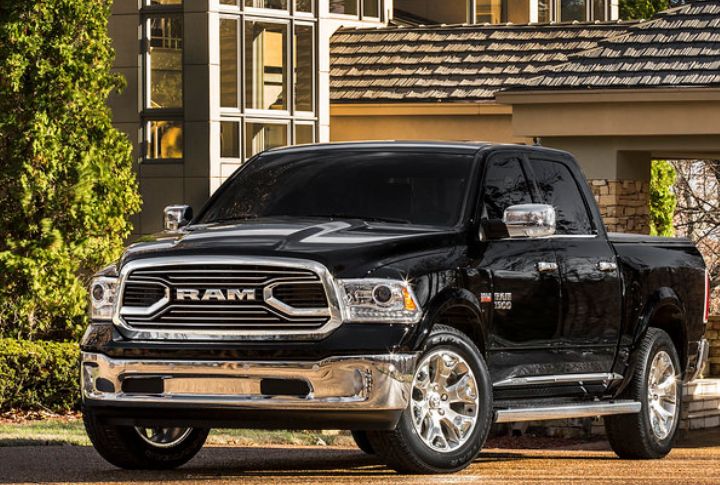
Americans Could Be Focusing On the Wrong Trucks

In the trucking world, popularity often overshadows practicality. Many Americans are drawn to powerful models without considering whether they truly fit their needs. By exploring why some choices may not be ideal and highlighting better alternatives, we can discover better options that balance lifestyle with ecological considerations.
The Truck Obsession

Trucks have become a staple of American culture, often chosen for their rugged looks and perceived versatility. However, the evolution of these vehicles exhibits one glaring concern: efficiency and practicality have both been pushed to the side in favor of size and fancy bells and whistles.
F-150 Phenomenon

The Ford F-150 is a prime example of the problem in the American truck market. Some might argue that the vehicle’s power and prestige overshadow its impracticality. Its large size and high fuel consumption may not be ideal for drivers who use it for commuting or light hauling. Nonetheless, that hasn’t stopped the F-150 from being a best seller for several years in a row.
Misguided Perceptions of Power

Many truck buyers prioritize horsepower and towing capacity, considering their essential features. While these specs are impressive on paper, they often go unused by the average owner, resulting in unnecessary costs for capabilities that remain untapped in daily life.
The Energy Efficiency Factor

It also seems that fuel efficiency consistently takes a back seat with the newer models, as full-size trucks like the Chevy Silverado and Ram 1500 are notorious for poor fuel efficiency. In an era where sustainability is key, their environmental impact is a growing concern, especially as more consumers seek eco-friendly alternatives.
Bigger Isn’t Necessarily Better

Additionally, popular models are often oversized for urban and suburban settings, leading to parking difficulties and an increased risk of accidents. Smaller trucks or crossovers might be less lucrative, but they offer a more practical solution, balancing functionality with easier maneuverability in crowded areas.
Impact on Infrastructure

Big trucks can also lead to big problems, as their hefty weight accelerates road wear and tear, costing taxpayers in repairs. Opting for smaller vehicles helps preserve our infrastructure, saving money in the long run.
Maintenance and Repair Costs

A major oversight most buyers seem to have is that most larger trucks come with higher maintenance and repair costs. These can range from pricey tires to complex engine repairs, and these expenses add up over time, making ownership less economical compared to smaller, more efficient alternatives.
Insurance Implications

As you might have already deduced, larger trucks have heftier insurance bills due to costly repairs and higher accident risks. Choosing a smaller, safer vehicle can lead to significant savings on premiums.
Off-Road Misconceptions

Many truck owners dream of off-road adventures that rarely happen. Investing in features you don’t use is like buying hiking boots for a desk job. It might be a bitter pill to swallow, but it’s better to focus on practical needs rather than image.
Alternatives in the Market

If you’re looking for a middle ground, mid-size trucks like the Toyota Tacoma or Honda Ridgeline provide practicality without compromising performance. They are easier to maneuver, more gas-efficient, and still deliver ample towing capacity for most needs.
The Rise of Electric Trucks

Recently, electric trucks have taken off, with models such as the Rivian R1T and Ford F-150 Lightning leading the pack. They promise lower running costs and a reduced environmental footprint, appealing to a new generation of eco-conscious consumers.
Resale Value Considerations

While full-size trucks hold strong resale values, investing in more versatile models can lead to better long-term satisfaction and less depreciation. Choosing a vehicle that meets practical needs ensures a more rewarding long-term investment.
Look at the Bigger Picture

Choosing a truck should align with actual needs rather than trends. By focusing on practicality, efficiency, and sustainability, drivers can make well-informed choices that benefit their wallets and the environment, leading to a more thoughtful approach to vehicle ownership.


